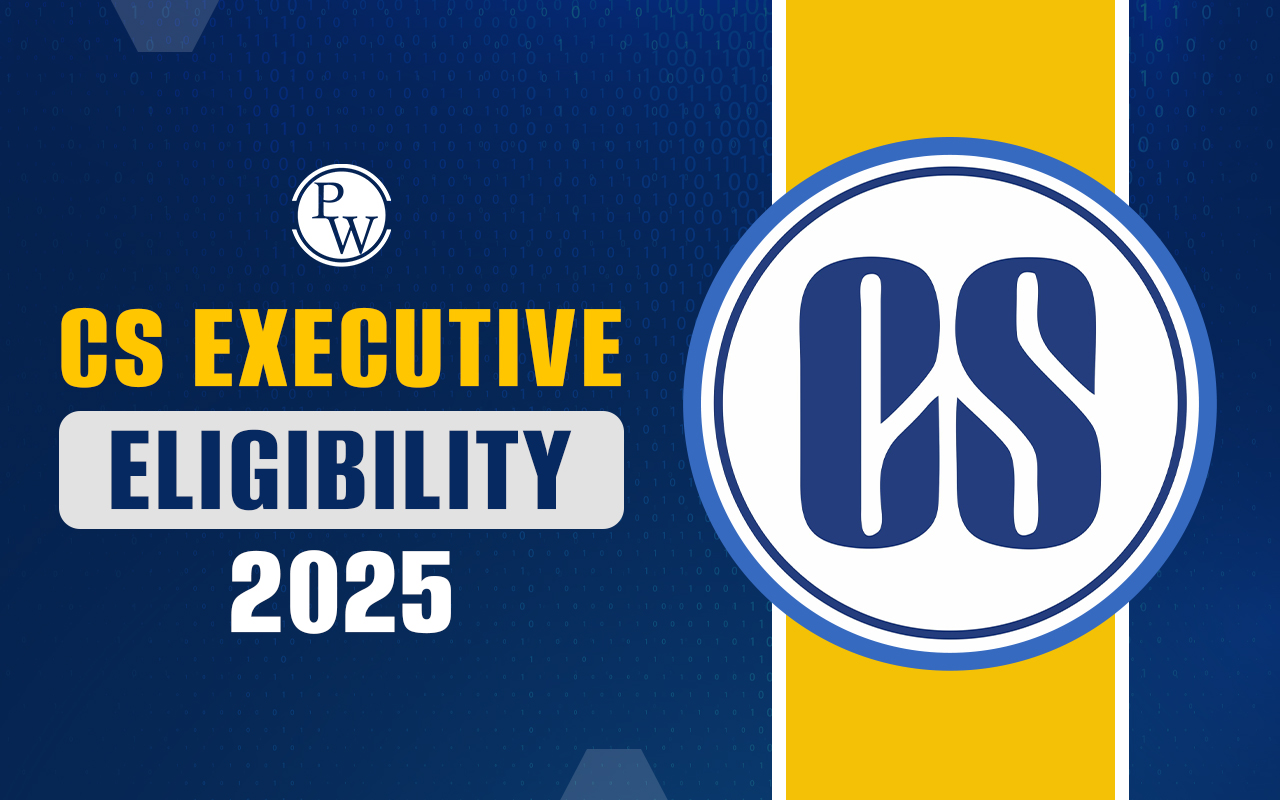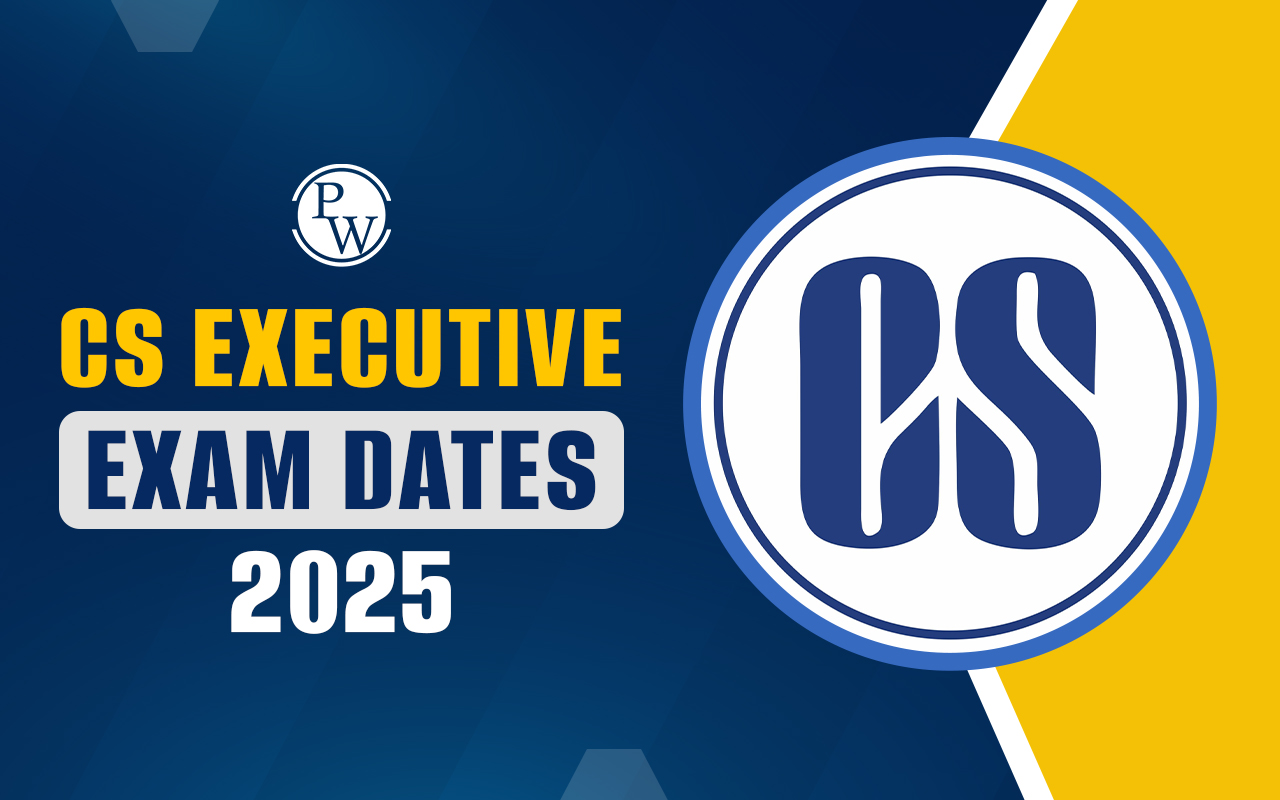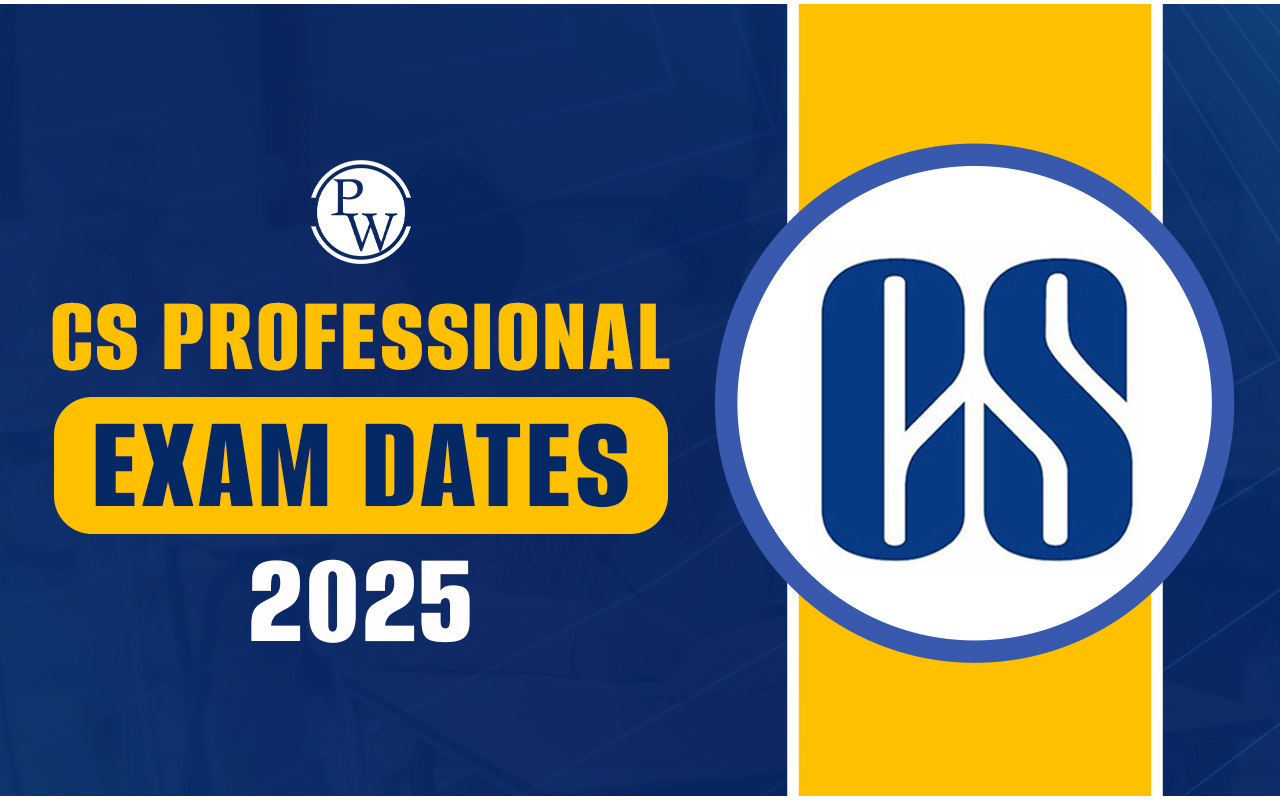
Legal Framework For Independent Directors in India: Independent Directors (IDs) are integral to corporate governance in India. Their presence on the boards of companies is designed to ensure fairness, transparency, and accountability in the management of corporate affairs. The legal framework for Independent Directors in India has evolved significantly to align with global best practices and domestic corporate governance demands. This article aims to provide a comprehensive overview of the legal framework for Independent Directors in India and highlight the essential components that regulate their role, responsibilities, qualifications, and liabilities.
What are Independent Directors
An Independent Director is a non-executive board member who does not have any material or pecuniary relationship with the company or its related entities. Their main function is to provide unbiased oversight and contribute to the company’s decision-making process by bringing objectivity. Independent Directors play a crucial role in protecting the interests of minority shareholders and ensuring strong governance practices.
Legal Framework for Independent Directors in India
This section elaborates on how various laws and regulatory mechanisms shape the functioning of Independent Directors. It outlines the statutory guidelines, regulatory expectations, and evolving responsibilities that define their position within corporate boards
1. The Genesis of Independent Directors in India
The legal framework for Independent Directors in India began to take shape in the late 1990s. Recommendations from committees such as the Kumar Mangalam Birla Committee and the Naresh Chandra Committee played a pivotal role in shaping Clause 49 of the Listing Agreement. This clause laid down corporate governance norms, including the mandatory appointment of Independent Directors on the boards of listed companies.
Over time, statutory backing was given through the Companies Act, 2013, which codified the role and duties of Independent Directors. The Securities and Exchange Board of India (SEBI) also strengthened its regulatory framework through the Listing Obligations and Disclosure Requirements (LODR) Regulations, 2015.
2. Definition and Eligibility Criteria
Under Section 149(6) of the Companies Act, 2013, the legal framework for Independent Directors in India provides a detailed definition of who qualifies as an Independent Director. An ID must:
- Not be a promoter or related to promoters of the company.
- Not having any pecuniary relationship with the company, apart from receiving sitting fees and reimbursement.
- Does not hold any significant shareholding or voting power in the company.
- Not related to the company’s key managerial personnel.
SEBI's LODR regulations further define and refine these eligibility conditions, especially for listed entities. IDs must also be at least 21 years of age and meet additional criteria relating to independence and materiality of transactions.
3. Appointment and Tenure
The legal framework for Independent Directors in India mandates that IDs be appointed by shareholders in a general meeting. Their tenure is fixed for a term of up to five consecutive years, with eligibility for reappointment for one more term. After two consecutive terms, an individual must observe a cooling-off period of three years before being reappointed.
4. Code of Conduct and Responsibilities
Schedule IV of the Companies Act, 2013 lays down a Code for Independent Directors, forming a core part of the legal framework for Independent Directors in India. Key responsibilities include:
- Offering unbiased judgment on company affairs.
- Safeguarding stakeholders' interests, particularly minority shareholders.
- Scrutinizing the performance of management.
- Ensuring the integrity of financial controls and reporting.
5. Board Composition and Committees
For listed companies, the legal framework for Independent Directors in India mandates that one-third of the Board must comprise Independent Directors. In the case of listed entities with an executive chairperson, at least half of the Board must be Independent Directors.
IDs are also required to form the majority in crucial committees like the Audit Committee, Nomination and Remuneration Committee, and the Stakeholders Relationship Committee. These roles enhance transparency and safeguard the interests of diverse stakeholders.
6. Liabilities and Protection
A common concern addressed by the legal framework for Independent Directors in India is their liability. As per Section 149(12) of the Companies Act, Independent Directors are liable only for acts of omission or commission done with their knowledge or consent.
SEBI and the Ministry of Corporate Affairs have issued clarifications protecting IDs from unwarranted prosecution, provided they act diligently. Additionally, many companies offer Directors & Officers (D&O) insurance policies to safeguard IDs.
7. Performance Evaluation and Resignation
The Companies Act and LODR regulations make it mandatory to conduct a performance evaluation of Independent Directors. The legal framework for Independent Directors in India also requires that ID disclose the reasons for resignation to the company and confirm that there are no undisclosed material reasons.
These disclosures help improve transparency and ensure that any underlying governance concerns are not overlooked.
8. Training and Familiarization
To enable IDs to perform their duties effectively, the legal framework for Independent Directors in India recommends structured familiarization programs. These include orientation on company operations, business environment, regulatory requirements, and their role in governance.
Companies are required to disclose such programs in their annual reports, reflecting their commitment to equipping IDs for their responsibilities.
9. Databank Registration and Online Proficiency Test
The Companies (Appointment and Qualification of Directors) Rules, 2014, introduced the concept of a databank for IDs. As per the legal framework for Independent Directors in India, IDs must register themselves in this databank maintained by the Indian Institute of Corporate Affairs (IICA).
Moreover, individuals without a minimum experience as directors are required to pass an online proficiency self-assessment test conducted by IICA.
10. Ongoing Reforms and Future Outlook
The legal framework for Independent Directors in India is continually evolving. Regulatory bodies are emphasizing better disclosures, transparency, and director independence.
The introduction of ESG (Environmental, Social, and Governance) responsibilities, enhanced whistleblower protections, and continuous training reflect the growing expectations from Independent Directors.
The legal framework for Independent Directors in India offers a robust mechanism for ensuring corporate governance. It encompasses comprehensive provisions under the Companies Act, SEBI regulations, and secretarial standards to support IDs in fulfilling their duties diligently. As the corporate landscape continues to evolve, so too will the expectations and regulatory framework surrounding Independent Directors, making their role ever more vital in ensuring ethical, fair, and transparent business practices.
Join PW CS Online Courses and build a strong foundation in corporate laws and governance with structured learning and dedicated support.
Legal Framework for Independent Directors in India FAQs
Who can be appointed as an Independent Director in India?
What is the tenure of an Independent Director?
Are Independent Directors liable for company decisions?










